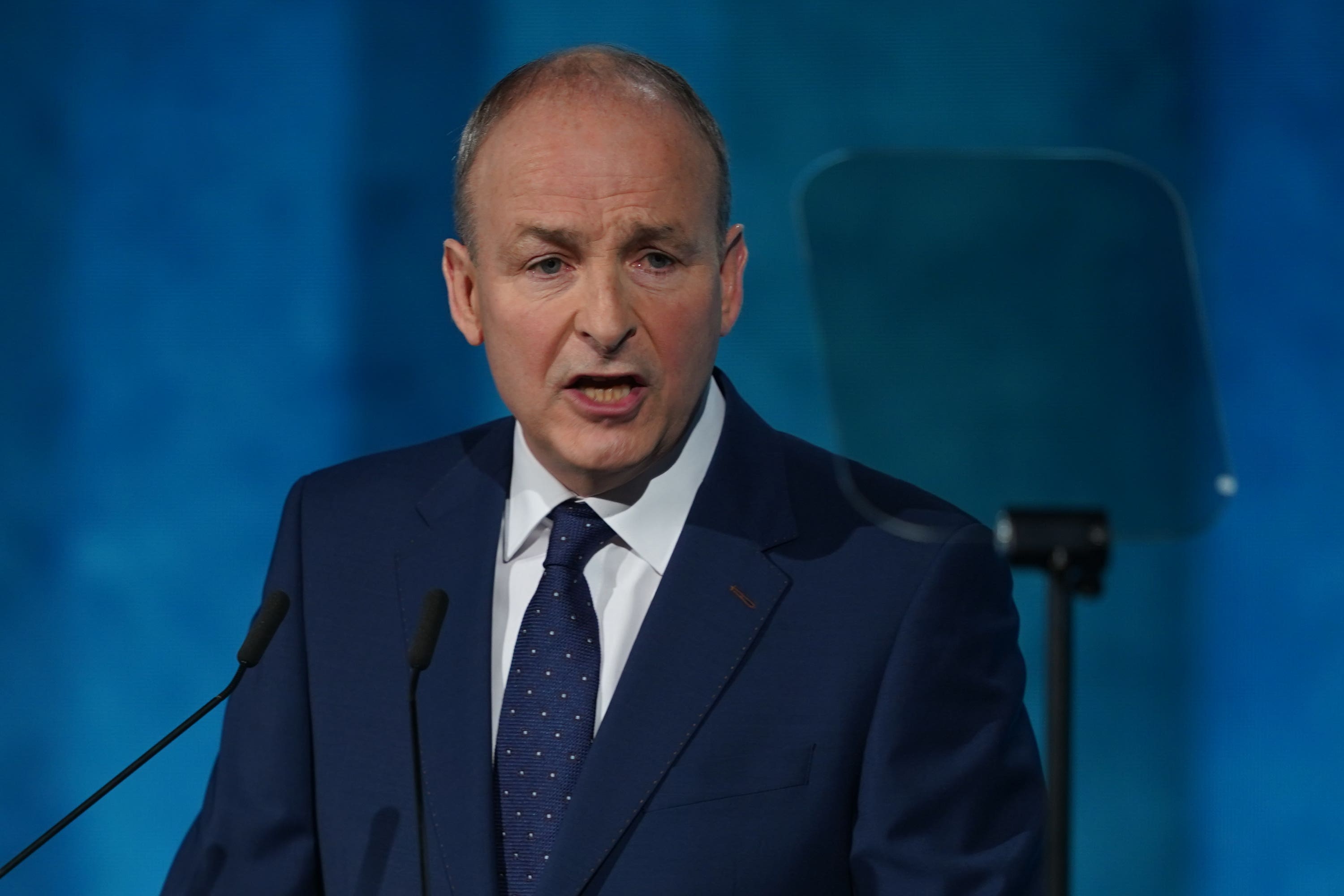Momentum on restoring powersharing in Northern Ireland ‘seems to have ebbed’
Powersharing is unable to function in Northern Ireland without the support of the region’s largest unionist and nationalist parties.

Your support helps us to tell the story
From reproductive rights to climate change to Big Tech, The Independent is on the ground when the story is developing. Whether it's investigating the financials of Elon Musk's pro-Trump PAC or producing our latest documentary, 'The A Word', which shines a light on the American women fighting for reproductive rights, we know how important it is to parse out the facts from the messaging.
At such a critical moment in US history, we need reporters on the ground. Your donation allows us to keep sending journalists to speak to both sides of the story.
The Independent is trusted by Americans across the entire political spectrum. And unlike many other quality news outlets, we choose not to lock Americans out of our reporting and analysis with paywalls. We believe quality journalism should be available to everyone, paid for by those who can afford it.
Your support makes all the difference.Momentum towards restoring powersharing in Northern Ireland appears to have ebbed, Ireland’s deputy premier has said.
Tanaiste Micheal Martin said he understood that negotiations between the UK government and the DUP aimed at resurrecting the devolved institutions had “more or less come to a conclusion”.
But he expressed concern that the prospects of an imminent breakthrough look to have waned.
He said the Irish government would be seeking clarity from the UK government in the coming weeks on what the next steps will be for governance in Northern Ireland if there is no return to powersharing.
The people of Northern Ireland they have huge health issues, in terms of health services, education and so on, and the centre cannot hold there in respect of the fiscal situation, the budgetary situation, if the executive doesn't come back
“We were hopeful some weeks back that there was progress being made. But, again, that seems to have ebbed,” Mr Martin told RTE on Sunday.
“And I think it’s urgent that the executive and the assembly is restored.”
The DUP withdrew from the Stormont institutions last year in protest against the internal UK trade barriers created by the post-Brexit Northern Ireland Protocol.
Powersharing is unable to function in Northern Ireland without the support of the region’s largest unionist and nationalist parties.
The UK and EU agreed the Windsor Framework earlier this year in an attempt to address unionist concerns about the protocol, but the DUP has indicated it will not return to Stormont until the London government provides further assurances over Northern Ireland’s place in the UK.
Last week DUP leader Sir Jeffrey Donaldson said he could not be certain that powersharing will return by the end of the year.
Sir Jeffrey had said in recent weeks that the UK government was “moving closer” to addressing his party’s concerns over post-Brexit trading arrangements.
However, on Wednesday he cautioned that there are still “significant” gaps that require a resolution before any proposal to return to Stormont could be presented to his party.
Mr Martin said the Irish government required “clarity” on what future arrangements would look like in Northern Ireland in the absence of powersharing.
“The people of Northern Ireland they have huge health issues, in terms of health services, education and so on, and the centre cannot hold there in respect of the fiscal situation, the budgetary situation, if the executive doesn’t come back,” he said.
“And obviously we will be discussing this with the British government in terms of next steps, if the executive is not coming back or if the assembly is not coming back, we need clarity on that.
“I think within the next number of weeks (the Irish government will be seeking clarity from the UK) because my understanding is the British government and the DUP have more or less come to a conclusion in respect of the issues that were raised.”